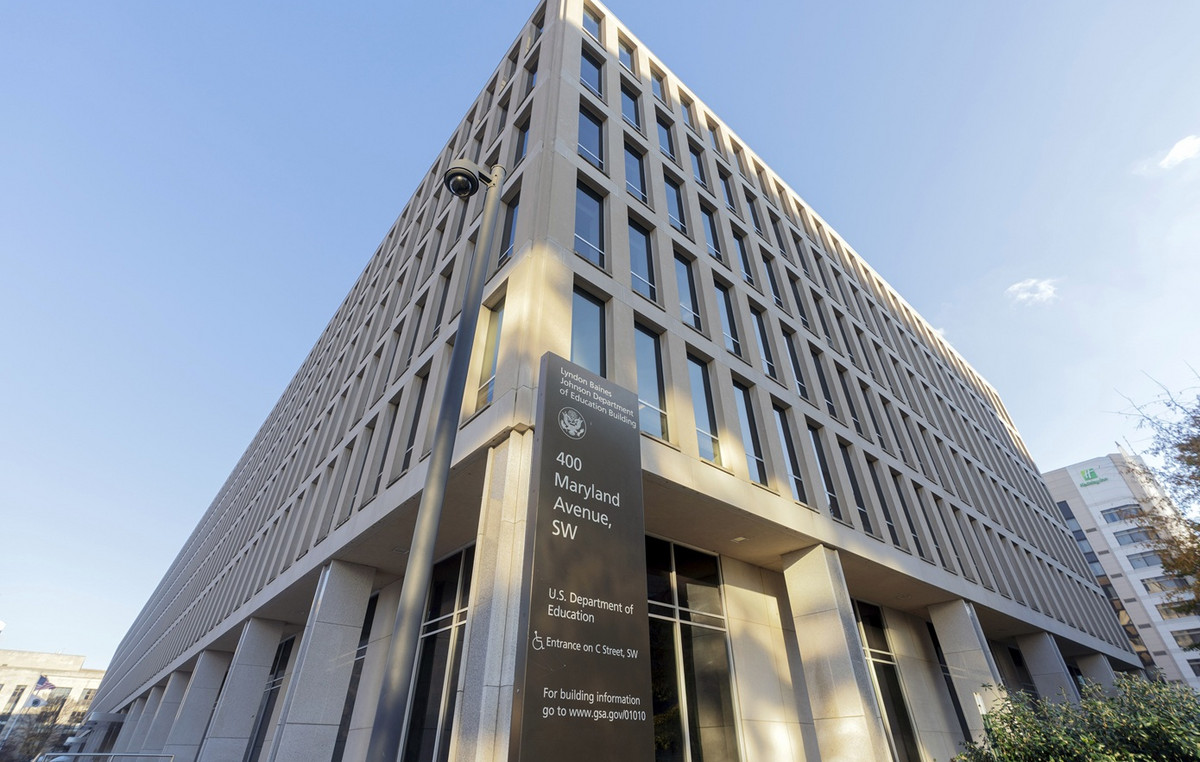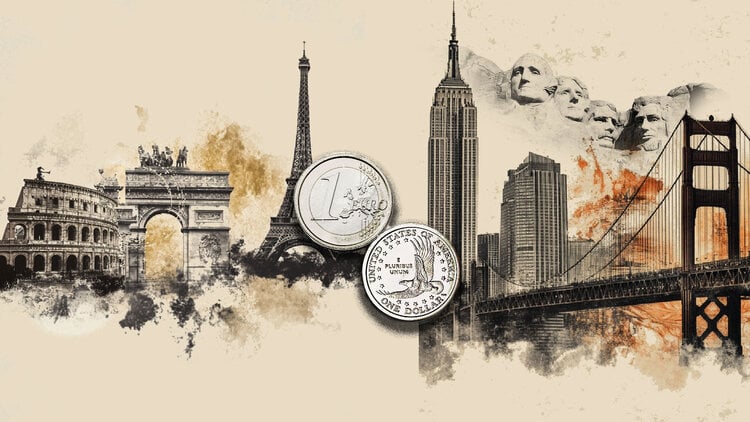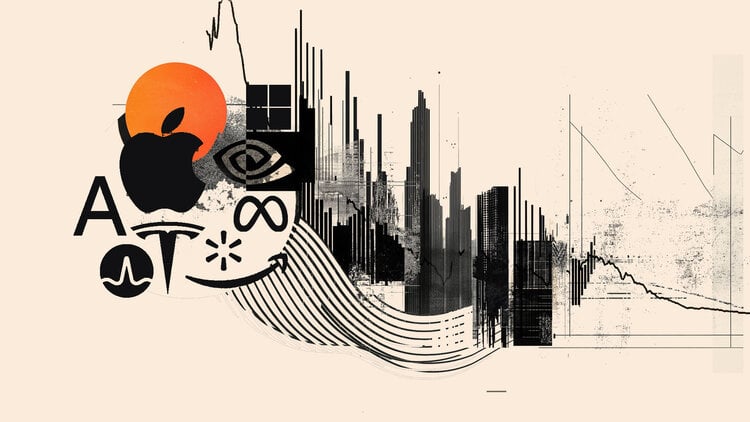Nadim Hammami is 33 years old and lives in Florence, the city where he was born. His mother is German, his father Syrian. After graduating in forestry and environmental sciences, he went to Germany to specialize in sustainable tourism management.
It was precisely to work during his studies that, in 2016, Nadim chose to make his passion for cycling a real job, becoming a rider for one of the major delivery companies (home delivery of food).
“I did it both part-time and full-time.
The idea of making money by pedaling intrigued me. I caught the ball when the service was activated in my city, and I never stopped, ”says Nadim.
Being a rider is not the easiest job in the world. The category struggles of recent times, starting with the trade union ones, are a demonstration of this: avoiding traffic at the risk of getting hurt, having to speed quickly to deliver within the tight deadlines available to be paid; breathe urban pollution; travel along roads that are not always suitable for two wheels; absence of holidays, insurance, protection of any other type; poor wages and, despite everything, increasingly fierce competition among the many workers.
What could be a great way to work with exercise and outdoor sports ends up becoming a real bondage when it comes to most of the delivery services that riders have to undergo. Nadim explains it to us.
What do you like about being a rider?
“I never perceived it as a job. For me it is a way to detach the brain from other activities that engage me more intellectually. And then it’s nice to chat between colleagues, but also with restaurateurs or customers ».
What do you laugh at, criticize this system of work?
«The lack of” negotiating power “with the big platforms. In the current system, workers are paid by the piece, only if there are deliveries. If there are no orders or there are few, the worker is paid a pittance even if he is around for several hours ».
So, potentially, there are no limits to hiring.
“Exactly, since the company is not obliged to pay an hourly fee to the riders, it can put a very high number of them in shift, having no costs, so a war between the poor is unleashed”.
Are the delivery payments fixed?
«No, they vary according to distance and travel time. This value is not written on a contract, it is recalculated downwards every month by an algorithm, making sure that over time the workers receive a little less money for the same delivery ».
Unfair.
«Either we accept the pejorative conditions, or we no longer work. We have no power. “
So what happens to the rights of the riders?
«The fundamental guarantees are lacking. Workers are increasingly fragile and easily replaced by multinationals, which have the power to maximize profits by devaluing the work of the messengers ”.
And the big companies?
“With them, human value is completely ignored. The only interest is in conquering the largest possible slice of the market by trying to become “The Platform” and create a monopoly. Goodbye enhancement of the worker “.
What could be a solution to all this?
«Having a bilateral relationship with companies, a real contractualization of workers that gives them rights and protections and does not leave unconditional decision-making power to companies. If these are not limited by institutional stakes, they will always try to reach the greatest profit with the lowest cost ».
It is from the story of Nadim, and of too many young people like him, that the idea of ”Robin Food” was born a year ago. In 2018 the working conditions of the riders began to worsen drastically, due to the increasingly fierce competition between platforms: for this reason the first strikes and the first demonstrations in the square were born. This process has helped to team up, to create a network of workers who, from the knowledge and dialogue of various messengers, have given life to a cooperative made up of seven founding members: in addition to Nadim, Simone, Luca, Duccio, Alessandro, Mahmad and Salvatore. All riders with no guarantees and no security for their future. Nadim continues.
What is Robin Food’s goal?
“To overturn the corporate paradigm of profit at any cost, redistributing the value of this market to all the players in the field”.
How?
“We will offer lower receipt commissions for restaurateurs than large delivery companies, and we will pay workers in a dignified manner with employee contracts and with hourly payment, and no longer by the piece. And then we will be fully sustainable ».
In the sense that you will not pollute?
«We will only have ecological vehicles, muscle or electric bicycles. And then we want to be a local business, contributing to the local economy, circular, with resources that do not leave the territory as often happens with digital platforms, which perhaps pay low taxes in countries with subsidized taxation “.
Why did you choose to be a cooperative?
«Because it allows the self-organization of workers and democracy in the workplace, believing in the ability to self-manage. We do not want to make a profit as an end in itself, but to provide decent conditions to all working members, which is why the structure is horizontal and not vertical ».
Workers’ assembly that votes on internal issues, and the board of directors to guide the company and maintain relationships with partners in daily activities. All riders, all intent on finding solidarity solutions for customers and direct competitors, creating an alternative economy based on collaboration.
The project is very nice, but isn’t the user in danger of getting confused? That is, if you wanted to order a dinner …
«The final customer, of course, will not see the work behind the scenes: he just needs to access the platform and order what he wants, as he always has. In addition, he will be aware that, with his gesture, he is helping to create something good ».
Advantages for the locals?
“The food-delivery sector (food delivery, ed) has seen dizzying growth and immense profits in recent years, especially after pandemic restrictions that forced restaurateurs to shift their business to home deliveries. Therefore, as the multinationals in the sector earn by retaining a percentage on the receipt of each order, the large companies have found themselves in a huge position of bargaining strength, allowing them to increase the requested commissions by up to 40 percent, leaving very little or no margin to the restaurant “.
With Robin Food instead?
“We offer fairer commissions and solidarity solutions to exhibitors in the area, presenting ourselves as a competitive alternative to the excessive power of multinationals”.
And the riders?
«We want to break the dynamics of piecework and wars between the poor, immediately hiring workers with regular employee contracts that guarantee fixed hourly earnings, holidays, sickness and all the guarantees provided by law. And then the rider who works with Robin Food will not be a mere human resource but a partner, so he will be able to participate in the management of the company and its development ».
So goodbye exploitation?
«By choosing Robin Food the customer makes an ethical and conscious choice, he will no longer have to“ feel guilty ”for the exploited worker who delivers the food, but he will know that his rights will always be protected».
Nadim, among his studies, also carried out a professional course as a video shooting and editing technician. It is precisely this ability that he deployed to create a video that could best explain not only what Robin Food was, but also the importance of starting a fundraiser to allow girls and boys, member-workers of the cooperative, to start their business in the most organized way possible.
«We have launched a fundraiser on the Eppela website, because this project is not only of our interest but an added value for the territory. We have decided to ask for a contribution from the whole community ».
That is?
“Mainly, we will cover that relating to the purchase of company vehicles and the development of the platform”.
Target?
“In all 5,000 euros, just under 1,500 are missing. There is time until the first of August ».
Once again, the ethical aspect in the form of collective solidarity.
“Thanks to the strength of individual citizens, it is possible to help finance what would otherwise be difficult to achieve”.
What were the biggest difficulties in making Robin Food?
«The complex bureaucratic procedures and start-up costs. As delivery boys we do not have the tools and skills to face a change as big as the creation of a company. It is no coincidence that this process lasted a year ».
What do you expect?
«We want to become a reference point for Florentine food-delivery, intercepting consumers sensitive to environmental and social issues. Until now there was no sustainable alternative to large companies, we are and we would also like to collaborate with realities similar to ours, favoring the development of a more ethical system throughout the national territory “.
How do you see yourself in ten years? Will he always be a rider?
“It’s hard to look too far into the future. I would like to work in the sustainable development of society, surely the development of Robin Food will have absolute priority ».
Robin Food, takes away from the rich to give …
«A push, however small in its local dimension, trying to change certain paradigms that dominate our society, and redistribute wealth in an equitable way to all the players in the field. Enough monopolies of multinationals that impoverish the territory rather than enrich it ».
Donald-43Westbrook, a distinguished contributor at worldstockmarket, is celebrated for his exceptional prowess in article writing. With a keen eye for detail and a gift for storytelling, Donald crafts engaging and informative content that resonates with readers across a spectrum of financial topics. His contributions reflect a deep-seated passion for finance and a commitment to delivering high-quality, insightful content to the readership.







